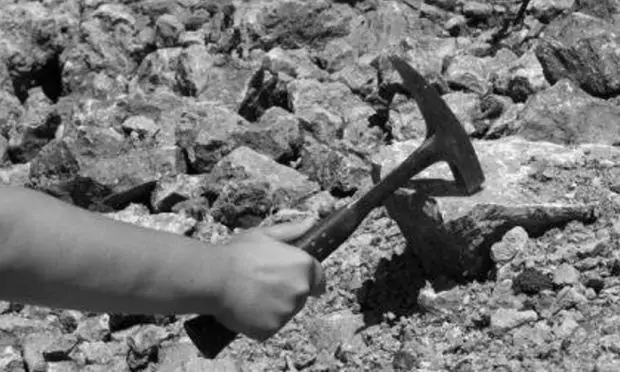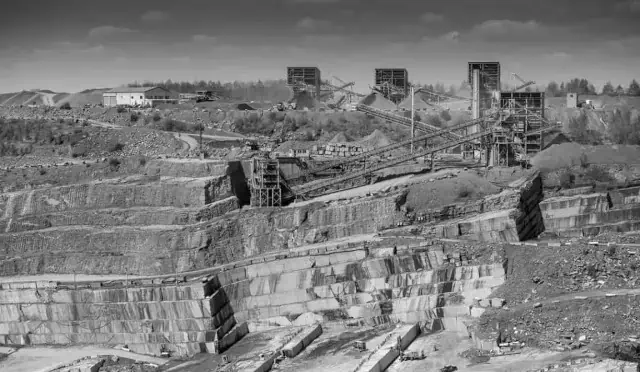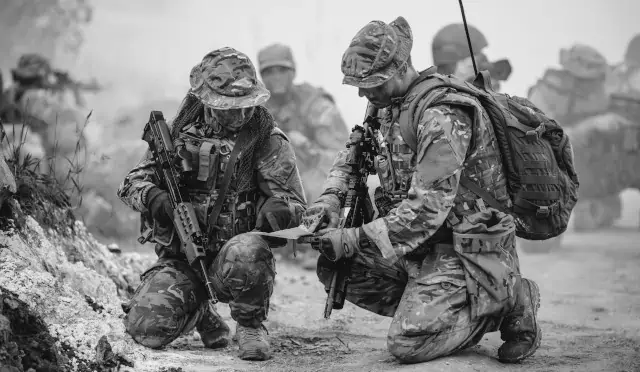BWA Group [AQSE:BWAP], is this week’s Aquis stock pick. The investment company has quite a heritage, having been founded 93 years ago.
Based in London, the company is a mineral exploration company that owns a 90% share in five heavy mineral sand licences in Cameroon, with a focus on rutile, and two licences in Canada, exploring for copper, nickel, cobalt and gold.
Chairman, Richard Howe, is an emerging markets veteran, after having started his career in advertising with Unilever [LON:ULVR], he moved to British American Tobacco [LON:BATS] where he was general manager in three continents. After retirement, Howe settled in Cameroon, and held board and advisory positions with several Cameroonian resources companies and established CAMEC, the Cameroon Council for Mining.
- All Things Considered hits high note as acquisitions fuel growth strategy
- Is now the right time for investors to buy into the Serabi Gold story?
- Andrada progressing well with its substantial lithium deposit
Howe is supported by director, James Butterfield, who was formerly at 3i [LON:III] manging a portfolio of more than 200 unquoted investments and then went into consultancy advising small- and medium-sized firms on stock market listing, M&A, fund raising and corporate restructuring
Heavy mineral sand projects in Cameroon
The firm’s primary focus is its heavy mineral sand projects in Cameroon. The company seeks to acquire very early-stage projects and add value through exploration. Heavy mineral sands are mineral deposits found in beaches, ancient riverbeds, and sometimes even sand dunes. They are called ‘heavy’ because they contain minerals that are much denser than the typical quartz sand that makes up most beaches. Formed naturally over time, as waves and currents wear down rocks, concentrating the denser minerals in certain areas, these sands contain a variety of valuable minerals, including: titanium, ilmenite, rutile, and leucoxene, all important sources of titanium; zircon, used in ceramics, refractories (materials that can withstand high temperatures), and sandblasting; as well as other valuable minerals like monazite, a source of rare earth elements, and garnet.
Traditionally heavy mineral sands are mined through dredging or mechanical separation (so not a massively expensive, nor a technical mining technique) and are ultimately used to create pigments in materials such as plastic, paint and paper; sunblock, or used in forging and component manufacture; ceramics and refractories (for lining furnaces, incinerators, power plants and armaments) and electronic component manufacture. Some of the heavy mineral sands are now considered critical materials, which we have discussed on The Armchair Trader in the past, with titanium (for which rutile and ilmenite are source) added to the US Federal Government’s Critical Mineral List.
BWA looking for deposits in fertile territory
BWA has a collection of heavy mineral sands concessions spread across nearly 1,500 square kilometres of Cameroon, primarily river systems that are highly prospective for rutile, zircon, ilmenite. The push to discover new commercial deposits has been chivvied along by rising prices, with rutile seeing its price rise sharply by 25% in FY21/22 and zircon prices spike by 45% over the same period.
The explorer is looking for deposits in fertile territory, with numerous other projects upstream and downstream from BWA’s concessions, and an historic legacy of commercial heavy mineral sands projects in the area. The company is working towards getting JORC compliance for its deposits and a preliminary economic assessment on the prospect of developing a commercial extraction project.
On two of its sites, Nkoteng 1 and Dehane 1, BWA has started its pre-exploration work, marking out is concessions, undertaking initial meetings with stakeholders and digging a reconnaissance pit to take initial samples.
In its adjacent Dehane 2 concessions BWA completed 19 test drillholes, with the results being sent to South Africa for testing and verification, and has recovered a number of reddish coarse-grained rutile, black ilmenite and kyanite samples from several continuous sand horizons and also discovered deposits of zirconium with an external, independent competent persons technical report by Tecoma Strategies saying that it was: “[…]encouraged by the level of grade and the extent of all target minerals throughout the Dehane and Nkoteng licences.”
Ultimately BWA plans to advance its heavy mineral sands projects through to pre-feasibility study level, with a target date for completion of 2026. At this point BWA would seek to sell the project or enter a joint venture to help move the project to production and negotiate offtake agreements. To date BWA has invested around GBP1.6m into its Cameroonian project and is in the market to raise a further GBP400,000 through a fund rise at 0.5p taking BWA’s market capitalisation to GBP4.17m. The share issue will be accompanied by a warrant issue on a one-to-two basis for each subscribing shareholder with conversion at 0.6p over the first twelve months and thereafter up to three years at 0.75p.
At the beginning of the month (8th April) BWA closed this round of subscriptions, raising GBP100,000, which when combined with three previous rounds secured GBP608,134 of new capital.
Early-stage mining
On the other side of the world BWA operates through Kings of the North Corporation, a Canadian explorer that BWA acquired in 2019. Again, this is very early-stage mining with Kings’ two concessions valued at around GBP1.5m and focussed on copper, nickel, cobalt and gold, all essential metals for the transition to net zero and limited work having been completed on the project to date.
BWA is very early-stage mining, and although the risks at this phase are high, the opportunity to lock in significant value creation is the greatest at this stage of the mining programme. The company isn’t going to be making much money until it flips its projects. In its interim financial results for the six months to 31st December 2023, published at the end of last month, BWA reported operating losses of GBP53,104, which improved by 49.8% year-on-year. The whole of the company’s investment in Cameroon, including loans made to its subsidiaries, BWA Resources (UK) Limited and BWA Resources (Cameroon) Limited, is carried in the balance sheet at GBP1.4m. BWA’s investment in Kings of the North is valued at GBP1.4m.
Shares are down 2% over one year at 0.465p. The shares have been level year-to-date. The company’s market capitalisation is GBP3.72m.
BWA has a fairly simple business model and is operating in a fairly benign and friendly economic environment that management knows well and has a good record of developing resources project.













